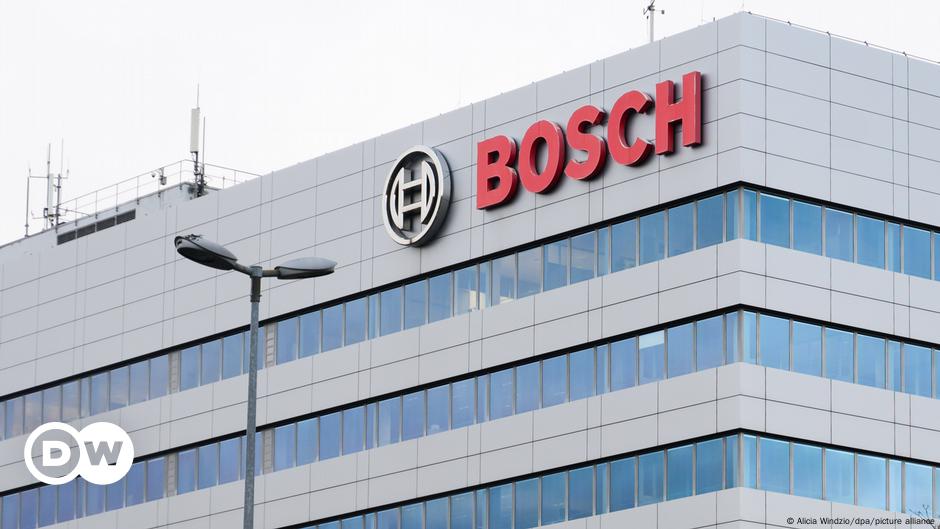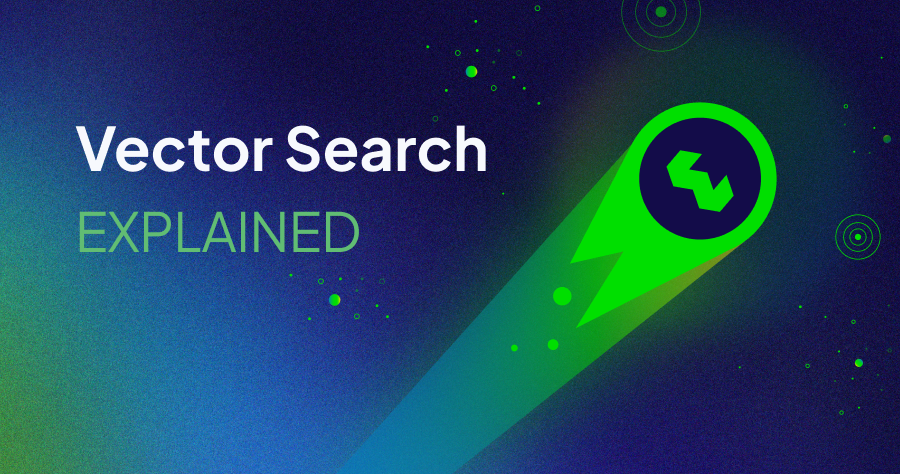Announcing the Cycles Whitepaper
Since Bitcoin, blockchain communities have been promising a revolution in money, payments, and finance. Today, Bitcoin has taken its seat at the table of international money, but it feels something is fundamentally missing still. The cryptocurrency community, in its theory and its practice, has overemphasized on the Store of Value function of money, and on the asset side of the balance sheet. Heed the rallying cry: to build permissionless, counterparty free assets. Important, no doubt, for securing a fundamental human right to transact. But not sufficient to take on the larger problems of modern money and finance.
Much of the power of banking comes not from the assets but from the liability side of the balance sheet. Specifically, from the coordinated settlement of liabilities through clearing. A peer-to-peer electronic cash system is thus a necessary but not a sufficient basis to re architect finance. What we need is a peer-to-peer electronic clearing system. As we’ll see, we can design a clearing system as a superset or generalization of a cash system.
For centuries, banks have formed closed clearing clubs to settle huge volumes of debt with little or even no money at all. This results in massive liquidity savings for them. But you and I aren’t privy to those clubs. The rest of us are systematically excluded from the power of clearing and issuance, forced to settle in cold, hard cash. The opportunities for us to perform clearing abound, and yet, we have not the institutional support nor the technology to access them.






















